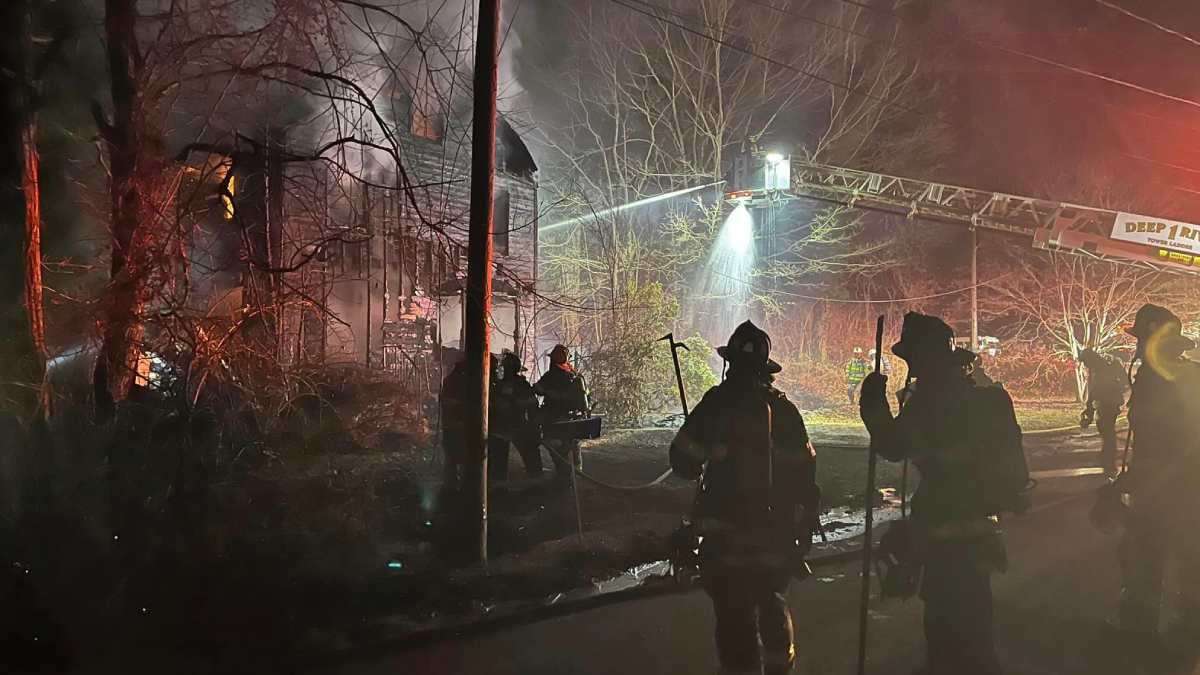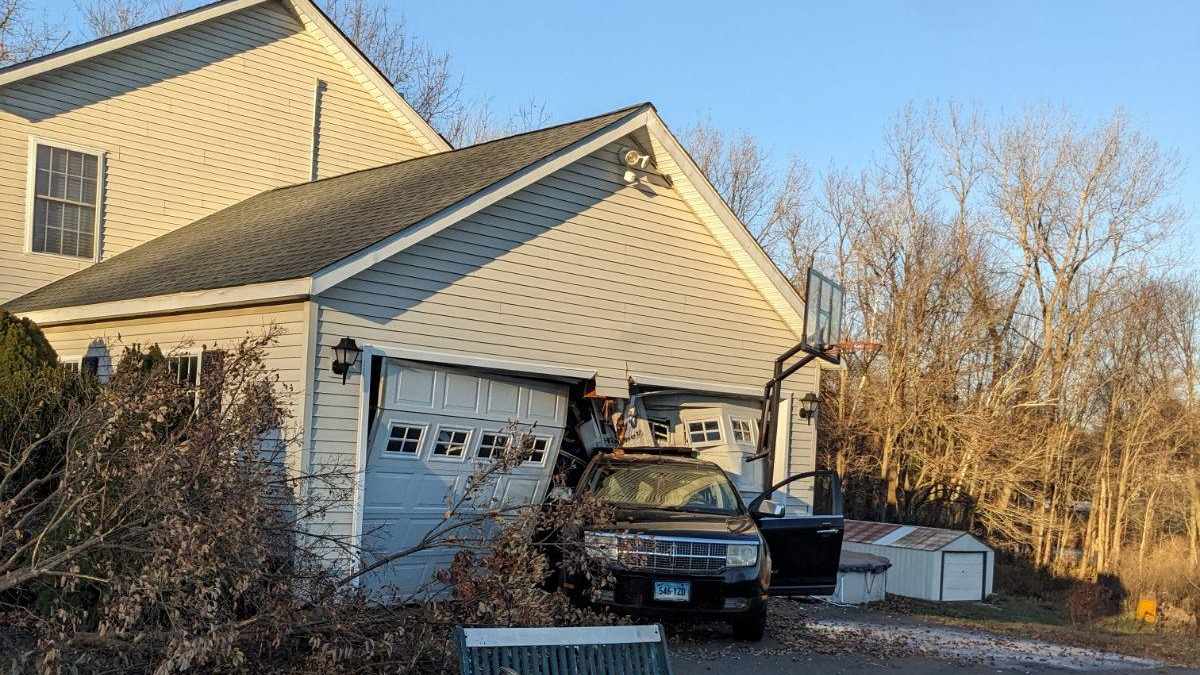A second Connecticut resident has tested positive for coronavirus, state lawmakers announced Monday.
Sen. Len Fasano said at a press conference that a second Connecticut resident has tested positive for COVID-19. That person is receiving treatment at Bridgeport Hospital, Fasano said.
The governor's office confirmed the second case. More details were not immediately available.
On Sunday officials announced a Wilton man had tested positive and was receiving treatment at Danbury Hospital. Two New York residents who work in Connecticut have also tested positive for the virus.
DPH has also tested 54 patients whose results came back negative.
Lawmakers said that the state is taking a proactive approach to handling the virus, announcing the Capitol complex will be closed immediately to all non-legislative events, meetings and tours. Tuesday's legislative activity will move forward as scheduled, but Wednesday will be a shortened day, and the building will be closed Thursday, Friday, Saturday and Sunday for a thorough cleaning.
Lawmakers said they have plans to reassess the situation via conference meetings and conference calls daily.
Coronavirus Symptoms
The key symptoms of the coronavirus, according to the CDC are:
- Fever
- Cough
- Shortness of breath
Symptoms can appear in infected persons two to 14 days after exposure.
Coronavirus Prevention Steps
Steps for prevention from the CDC include:
- Avoid close contact with people who are sick.
- Avoid touching your eyes, nose, and mouth.
- Stay home when you are sick.
- Cover your cough or sneeze with a tissue, then throw the tissue in the trash.
- Clean and disinfect frequently touched objects and surfaces using a regular household cleaning spray or wipe.
- Follow CDC’s recommendations for using a facemask
- CDC does not recommend that people who are well wear a facemask to protect themselves from respiratory diseases, including COVID-19.
- Facemasks should be used by people who show symptoms of COVID-19 to help prevent the spread of the disease to others. The use of facemasks is also crucial for health workers and people who are taking care of someone in close settings (at home or in a health care facility).
- Wash your hands often with soap and water for at least 20 seconds, especially after going to the bathroom; before eating; and after blowing your nose, coughing, or sneezing.
- If soap and water are not readily available, use an alcohol-based hand sanitizer with at least 60% alcohol. Always wash hands with soap and water if hands are visibly dirty.
Steps to Self-Monitor for Coronavirus
Steps to self-monitor from the CDC include:
- Take your temperature with a thermometer two times a day and monitor for fever. Also watch for cough or trouble breathing.
- Stay home and avoid contact with others. Do not go to work or school for this 14-day period. Discuss your work situation with your employer before returning to work.
- Do not take public transportation, taxis, or ride-shares during the time you are practicing social distancing.
- Avoid crowded places (such as shopping centers and movie theaters) and limit your activities in public.
- Keep your distance from others (about 6 feet or 2 meters).
If you do get sick with a fever, cough or have trouble breathing, call ahead before you go to a doctor’s office or emergency room and communicate with your doctor about your recent travel.
The CDC has a special website set up with details about the coronavirus, including how it spreads and treatment.
Anyone with questions relating to coronavirus can call 2-1-1 or text "CTVOID" to 898211. The 2-1-1 hotline is available 24 hours a day.
You can also visit the state's coronavirus information website here. Residents are encouraged to check the website for answers to questions before calling the hotline.



